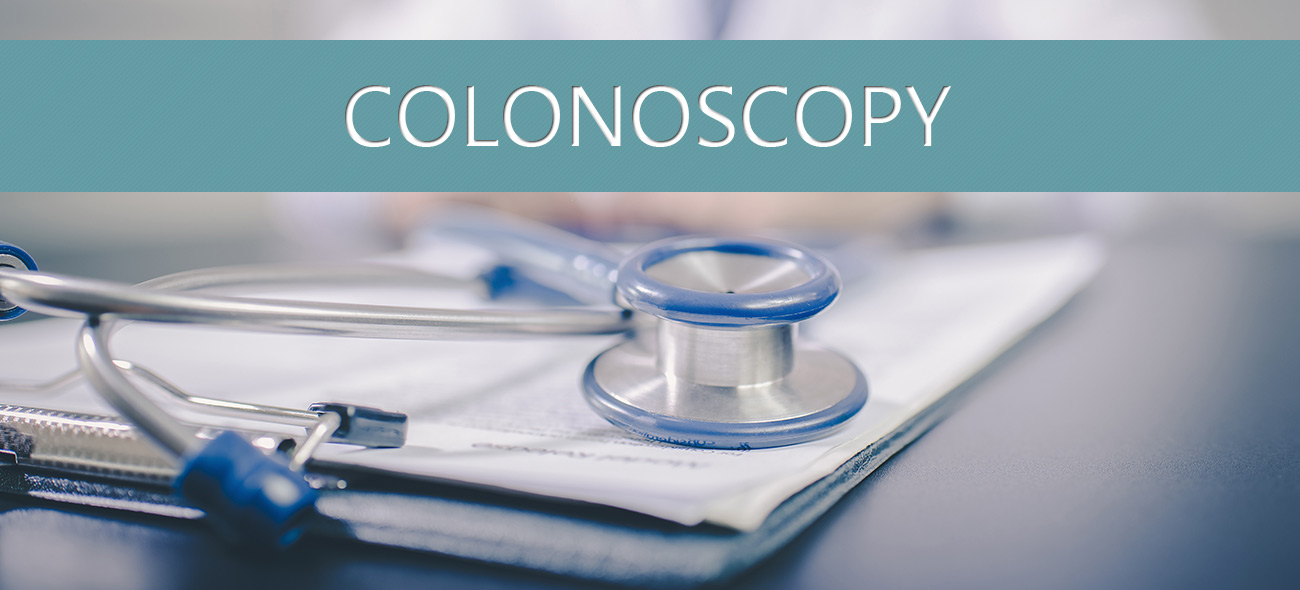Colonoscopy
Colonoscopy
Colonoscopy is a safe and effective examination which allows your doctor to view the inner lining of your colon (large bowel or large intestine), as well as remove polyps or growths at the time of examination. (Since polyps can progress to cancer, removal of the polyps may eliminate or reduce your chance of developing cancer in the future). Only a small percentage of polyps will become cancerous, but nearly all colon cancers start as a polyp.
Colonoscopy is routinely recommended to adults 50 years of age or older. If there is a family history of colon or rectal cancer, preventive screening usually is recommended at age 40.
REASONS
The most common reasons for the colonoscopy include:
• Change in bowel habits
• Unexplained abdominal discomfort/pain
• Monitor Colitis
• Blood in stool
• Screening (history or family history of polyps)
PREPARATION
The bowel must be fully cleared of all residue before a colonoscopy. You will be given instructions to cleanse your colon one to two days prior to your procedure. The physician will provide instructions regarding your regular medications. Arrangements should be made for a friend or family member to drive and escort you into your home after the examination. You will not be permitted to drive due to the sedation you will receive for the procedure.
PROCEDURE
The nurses and your physician will discuss the procedure, and you will be asked to sign a consent form authorizing your physician to perform the procedure. A small sterile catheter will be placed in a vein in your arm for administration of a sedative. All medicine will be injected through this catheter. to make you relaxed and sleepy. During the procedure, your heart rate, blood pressure, and amount of oxygen in the bloodstream will be monitored.
As you lay on your left side, the doctor will gently insert a thin, long, and flexible tube with a miniature camera into the rectum and advance it around the colon. Air is introduced during the procedure to distend the bowel and allow careful inspection of the surface.
As needed, a biopsy (removal of a tiny bit of tissue) or polypectomy (removal of a polyp) will be performed. The tissue will be sent to a pathologist for microscopic examination. You will not feel any discomfort when the biopsy or polypectomy is performed.
RECOVERY
After the procedure, you will be taken to a same admitting/recovery area to wake up. Most people have no recollection of the procedure due to the amnesic effects of the medicine. The sedating effects of the medicine wear off quickly, but due to safety reasons, you will not be allowed to drive yourself home. Some patients may feel mild bloating and cramping from the air introduced during the procedure, but it will resolve as you expel the residual air. The entire visit will take about 1-1/2 hours.
Before you leave the endoscopy center, your doctor will discuss the procedure findings with you, and provide further instructions. You may want to have a family member or friend present during this discussion, as the medication you received may make you forgetful. Your driver will also need to sign your discharge papers. Our nursing staff will provide you with a written copy of the findings and instructions, as well as handouts on appropriate topics. Your primary doctor will also receive a full report of your procedure. Most patients can resume their regular diet and activities the same day.
COMPLICATIONS
Colonoscopy is a very safe procedure with complications occurring in less than 1 % of patients. The risks include:
• Bleeding
• Bowel perforation and
• Reaction to sedation
• Undetected polyps
SUMMARY
Colonoscopy is a very safe procedure that provides significant information that can diagnose and treat problems in the lower GI tract.

